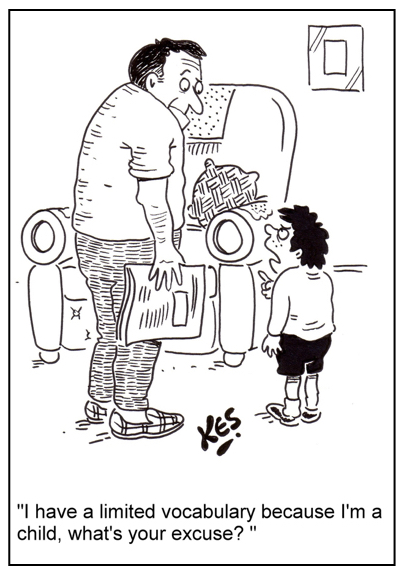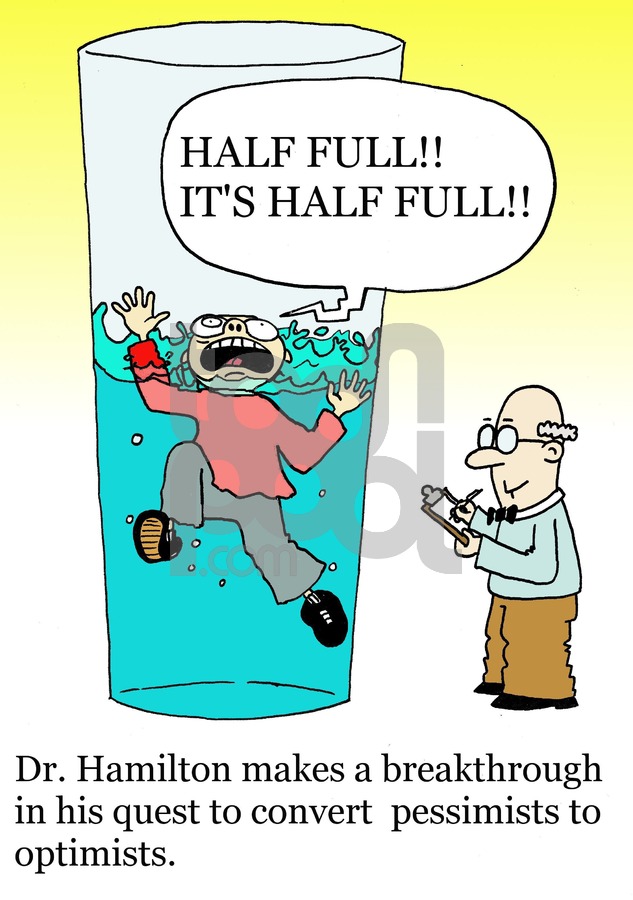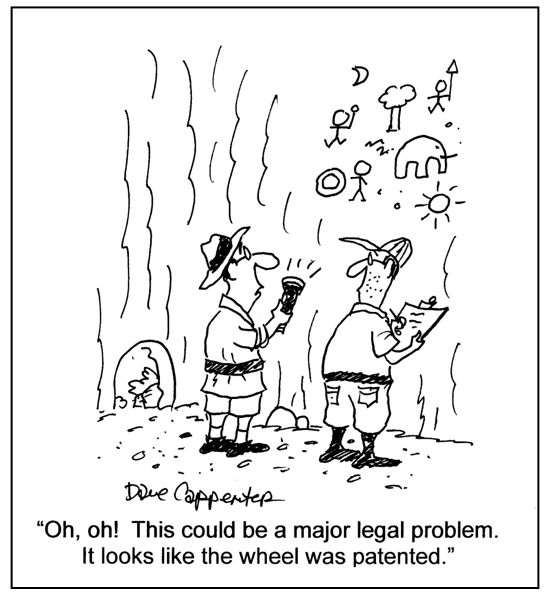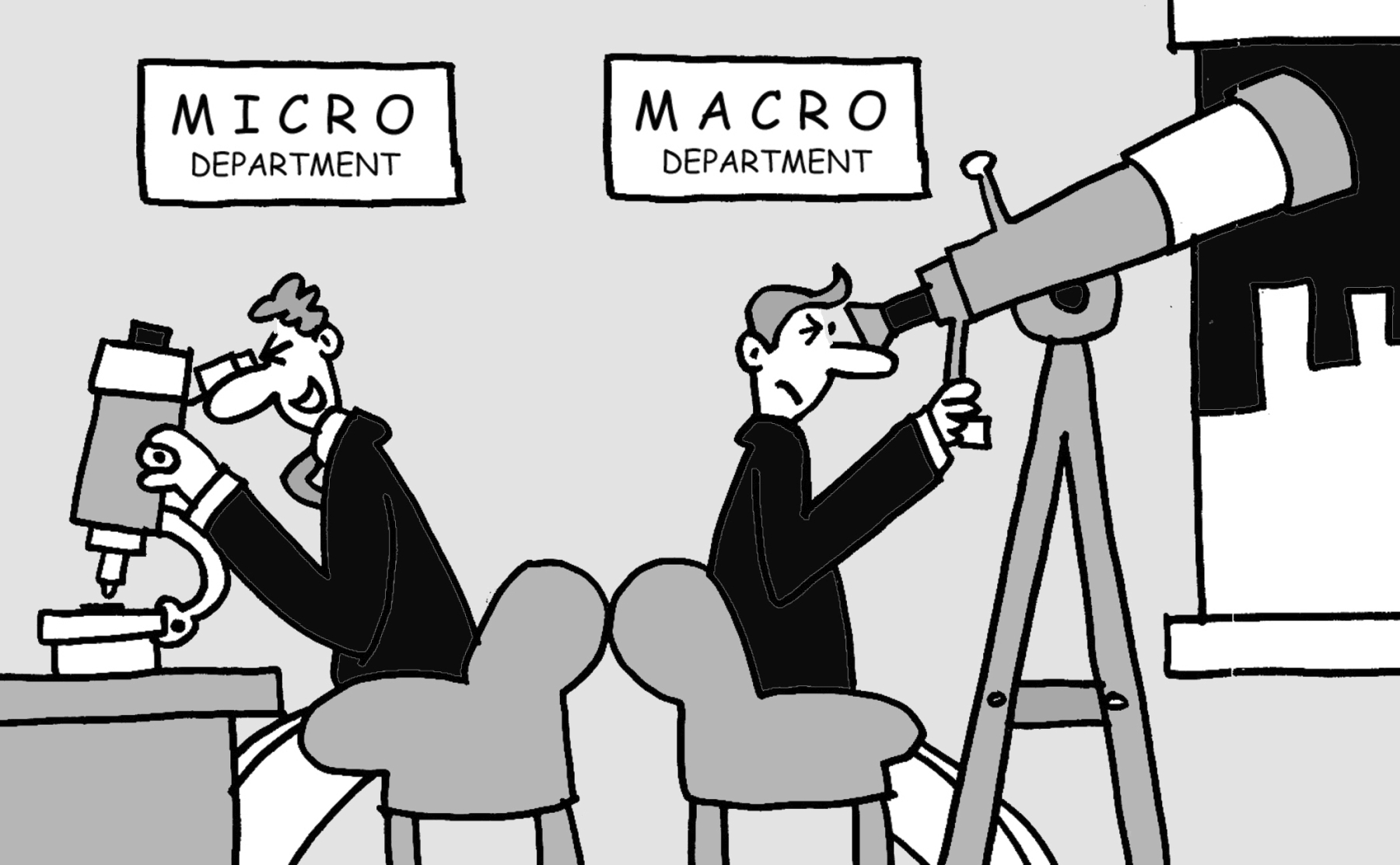 Men imagine that their minds have the command of language, but it often happens that language bears rule over their minds. Francis Bacon
Men imagine that their minds have the command of language, but it often happens that language bears rule over their minds. Francis Bacon
- According to the Global Language Monitor, as of January 2014, there are about 1,025,109 words in the English language.
- According to the Collins Corpus, an analytical database of English, around 90% of English speech and writing is made up of approximately 3,500 words. [Shakespeare used 30,000 words in his plays, which is more than the Wall Street Journal used in a 10-year period.]
- Most people’s routine vocabulary is only a few hundred words.
So we have over a million words to choose from, but the average person only uses a few hundred. We need to correct that deficit. Here’s why.
A good vocabulary helps you communicate.
A person who has a limited vocabulary will have difficulty influencing others with his or her ideas. It’s difficult to sell people on your worldview if you can’t compellingly articulate it.
A good vocabulary helps you think better.
Our vocabulary not only helps us express our thoughts, it creates our thoughts.
When you think, you only have at your disposal, the words you know. If you’re unfamiliar with a particular term, you’re probably unaware of the concepts and meaning it represents.
For instance, do you know the definition of these two words—correlation, causation—and how they relate to each other? If you don’t, you probably don’t understand the concepts they represent. [I talk about these two words in the post – Don’t be superstitious]
Language both expresses our thoughts and creates our thoughts.
Have a plan for expanding your vocabulary
At a minimum, whenever you read a word and you’re unsure of its meaning, look it up. Recently, I read these three words, didn’t understand their meaning, and immediately looked them up: misanthrope, tonic, and simpatico.
- Try to visualize or personify the word: I have a neighbor who is a misanthrope.
- Try to use the word in conversation: I said to a friend, “Our relationship is a real tonic to me.”
- Identify synonyms for the word: simpatico—compatible
These Web sites will send you a word a day along with a definition and proper usage.
- wordsmith.org – opt for the daily newsletter and you’ll get a word a day delivered to your inbox
- wordnik.com – provides example sentences and audio pronunciation
- wordthink.com – avoids difficult words and focuses on words you might use in daily conversations
- merriam-webster.com – offers more challenging words
Be a lover of words.
[reminder]What are your thoughts about this essay?[/reminder]
[callout]Lead Well 2-day workshop – September 21-22, 2016 in the DFW metroplex. Two intense days of life- and career-enhancing training. More information at learntoleadwell.com[/callout]

 Each of us carries a word in our heart. For some of us the word is “yes.” Yes, we believe we can succeed. Yes, we can learn. Yes, we can make a difference. Others carry a “no,” with all the negative baggage that accompanies it. As leaders, we must realize which word we carry and how it enhances or inhibits our ability to lead. Martin Seligman
Each of us carries a word in our heart. For some of us the word is “yes.” Yes, we believe we can succeed. Yes, we can learn. Yes, we can make a difference. Others carry a “no,” with all the negative baggage that accompanies it. As leaders, we must realize which word we carry and how it enhances or inhibits our ability to lead. Martin Seligman Most everything I’ve done I’ve copied from someone else. Sam Walton
Most everything I’ve done I’ve copied from someone else. Sam Walton